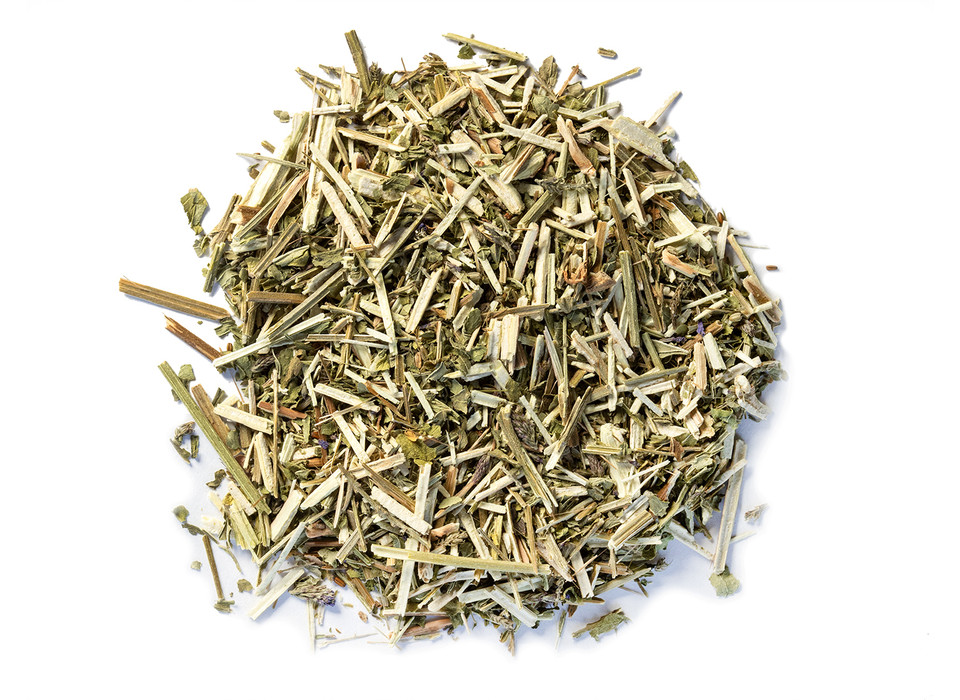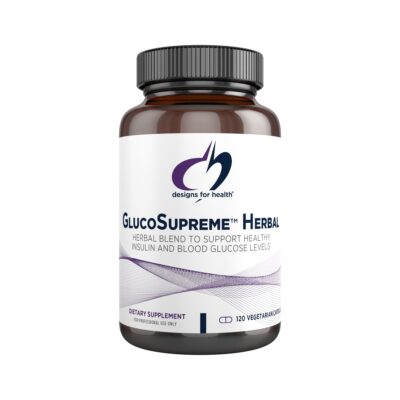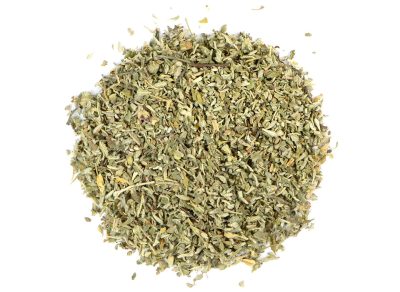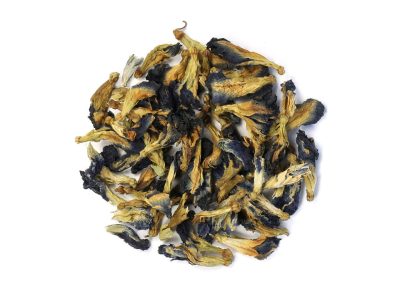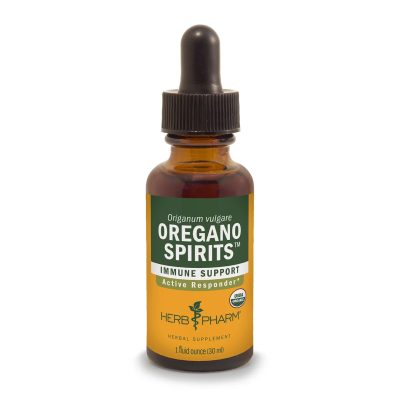While we work to ensure that product information is correct, on occasion manufacturers may alter their ingredient lists. Actual product packaging and materials may contain more and/or different information than that shown on our Web site. We recommend that you do not solely rely on the information presented and that you always read labels, warnings, and directions before using or consuming a product. For additional information about a product, please contact the manufacturer. Content on this site is for reference purposes and is not intended to substitute for advice given by a physician, pharmacist, or other licensed health-care professional. You should not use this information as self-diagnosis or for treating a health problem or disease. Contact your health-care provider immediately if you suspect that you have a medical problem. Information and statements regarding dietary supplements have not been evaluated by the Food and Drug Administration and are not intended to diagnose, treat, cure, or prevent any disease or health condition. PhysioFormulas, LLC DBA Your Healing Store assumes no liability for inaccuracies or misstatements about products.
Blue Vervain
$14.00
In stock
Description
Verbena hastata is a member of the vervain family with small, blueish- purple flowers that bloom in summer. Found across North America, blue vervain has been utilized for its healthful properties for centuries by Native Americans and later by folk herbalists. The herb was traditionally steeped as blue vervain tea but can also be tinctured, made into a syrup, or incorporated into bath and body products like foot soaks and creams.
Verbena hastata is native to North America and is incredibly similar in appearance and properties to its European cousin Verbena officinalis, whom it is often mistaken for. It grows with wild abandon in the Great Plains section of America, and can be found elsewhere on prairies, in meadows, and open woodlands. Other common names for blue vervain include American blue vervain and wild hyssop.
Several of the names for vervain (Herb of the Cross, Herb of Grace, Holy wort) refer to the legend that the wounds of Jesus were dressed with vervain when he was taken down from the cross. This is disputed among biblical scholars as it is not referenced anywhere in modern bibles. It was also used as an ingredient in pagan love potions.
